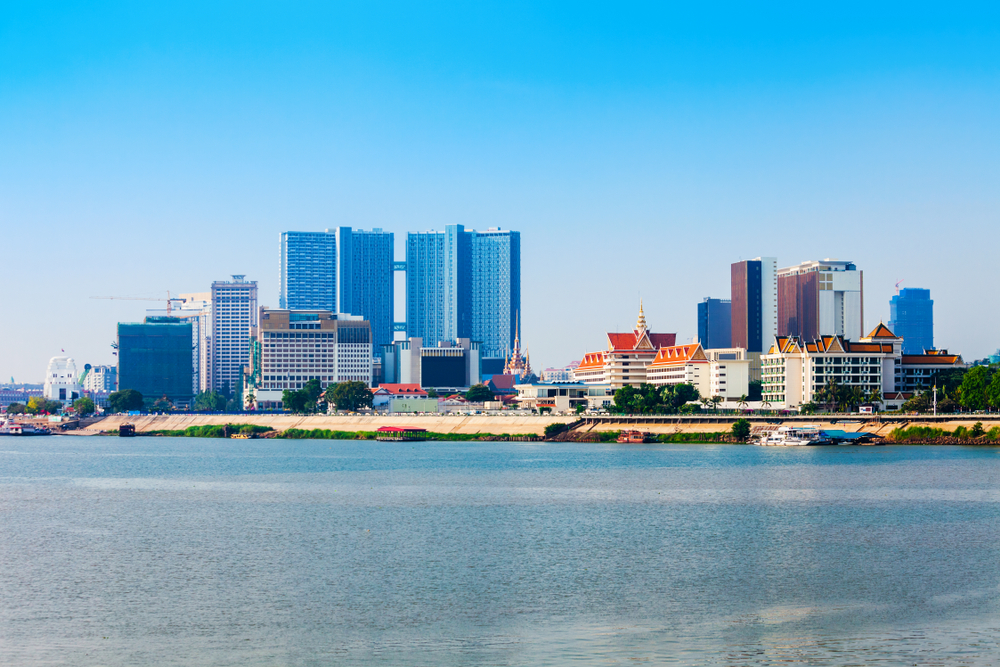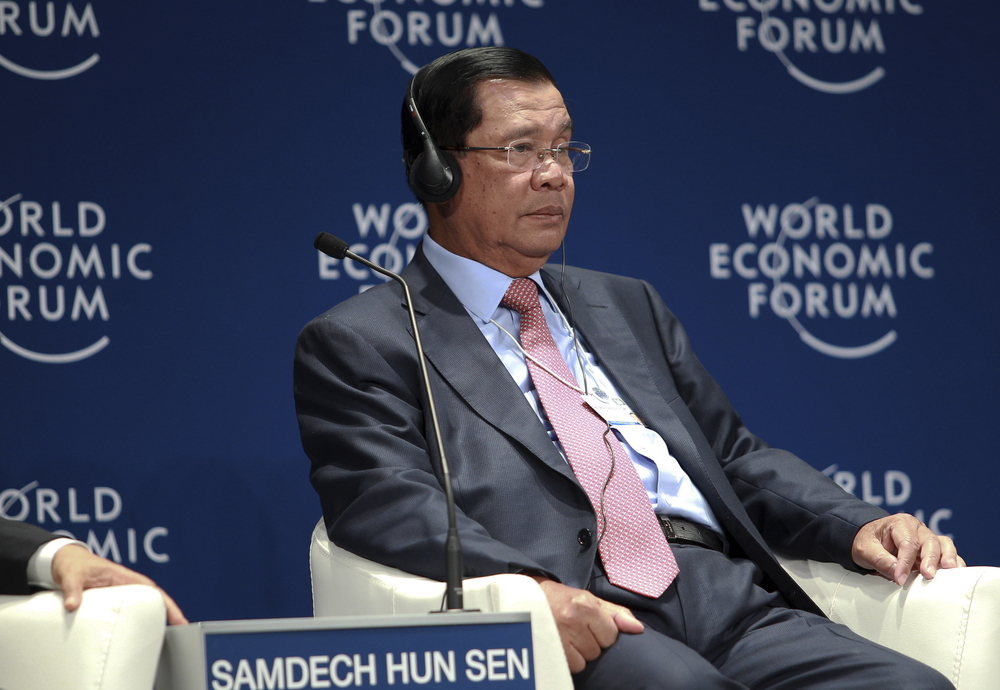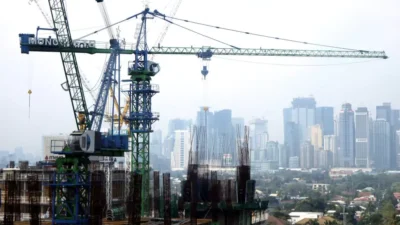Cambodia’s farewell to Everything But Arms
With the impending loss of its EU tariff benefits — a move sparked by the political theatrics of its ‘new’ old PM — Cambodia’s growing economy may find itself derailed, with implications for the country’s property sector
If everything has its season, then Cambodia’s sustained economic resilience of recent years — in the face of shrinking civilian freedoms and political turmoil largely driven by its strongman Prime Minister Hun Sen — could possibly be drawing to a close. the impending loss of its tariff-free access to the European Union via the Everything But Arms (EBA) scheme.
In February this year, the EU announced it had begun an 18-month countdown to strip Cambodia of its trade benefit over its worsening human rights situation and an election last year widely seen as rigged.
The EU’s preferential trade agreement has been a lifeline for the country for nearly two decades, allowing exporters to pay no duty on everything from clothing and bicycles to rice. Only weapons and ammunition fall outside the agreement.
The move would hit the country’s garment industry hardest, which accounts for 16 percent of the gross domestic product, and whose trade with the bloc amounts to around EUR4.8 billion a year. This would also affect the light manufacturing and agriculture businesses which depend on the EU for trade, along with the livelihoods of hundreds of thousands of workers.
You have a lot of people who are able to get on the housing market because they’ve got stable jobs. If you remove those jobs, their income ceases, therefore it has a trickle-up effect rather than a trickle-down effect
Bobby Peoples, CEO of Peoples Real Estate in Phnom Penh, says the withdrawal would first hit the low-end segment of the real estate market that houses labourers, as a “trickle-up” effect precipitates. “If you remove [the EBA], you put in jeopardy all those hundreds of textile factories. If they go, they relocate to Bangladesh or East Africa. That’s going to have a major impact on the Cambodian economy,” Peoples said.
“Basically the greater Phnom Penh area [will be hardest hit]. Where you have a lot of people who are able to get on the housing market because they’ve got stable jobs; you remove those jobs, their income ceases, therefore it has a trickle-up effect rather than a trickle-down effect,” surmises Peoples.
Such impact on the property market would be the first major hurdle Cambodia has faced since embarking on a path of tremendous growth in the tail end of the financial crisis.
Phnom Penh will boast 31,112 units by the end of this year compared with 14,173 units at the end of last year, according to a report by CBRE in February. The affordable segment will make up 23 percent of market share, the mid-range 43 percent, and high-end 34 percent, the report states.
Secondary markets have become unrecognisable as a result of rapid development, including Poipet, a city on the border with Thailand, and Sihanoukville, a city on the south coast.
Much of the increase in demand is attributed to China. “The inflow of foreign investments and increasing Chinese investors has helped underpin property demand, some of whom are investing on en-bloc basis (whole block),” real estate services firm Knight Frank reports mid-year last year.
In Sihanoukville, where Chinese influence is most stark, almost all the 96 companies in operation at the special Economic zone are Chinese. Any disruption to them could impact the many apartments, hotels and casinos that have flourished as the city becomes a hub for Chinese tourists and investors.
China is also helping to transform Cambodia’s decrepit transport and infrastructure networks, with the construction of bridges, plans for two new airports, and the arrival of high-speed trains. Cambodia in return has proven itself a valuable ally in China’s territorial dispute over the South China Sea. The continuous flow of money from China has provided the economy with a buffer against Cambodia’s political turmoil and spats with foreign states.
Following the election last year, in which Hun Sen ran unopposed after the main opposition party was dissolved by the Supreme court, Western governments denounced the vote as illegitimate and the culmination of months of hostility towards critical media and civil society groups.
China endorsed his win, but should the loss of the EBA begin to be felt by investors, it will remain to be seen how long that buffer can last. So far, Hun Sen has remained deaf to Western criticism and remains adamant he will not give up what he perceives as national sovereignty for Western aid.
More: Cambodia’s property sector rises above politics
Rather than being seen to capitulate to the EU, the government is taking steps to make its exports more competitive, says one Cambodian realtor based in Phnom Penh who asked to remain anonymous. “The government is taking some action to prepare for the EBA withdrawal, such as restricting customs procedures and reducing tax to bring the cost of exports down to those that hit EU markets tariff-free,” he says, adding there are some 18 measures the government is considering to this end.
The source believes the apartment segment, which is popular with foreign buyers, would be hard hit should such measures fail to offset the loss of the EBA. An additional concern, he adds, is that local demand for new condominiums has noticeably started to weaken.
“Anyone in Cambodia who wanted a condominium has bought one,” he says.
With a dizzying number of real estate projects expected to launch around 2021, and the number of condominium units tipped to soar by nearly 300 percent to 43,337 in Phnom Penh, according to Knight Frank, property developers will be hoping the economy remains strong and that at least one of these government measures works — fast.
This article originally appeared in Issue No. 154 of PropertyGuru Property Report Magazine
Recommended
Why Asia’s mixed-use developments are the future of real estate
Dynamic integrated communities are fusing real estate with commercial, leisure, and other amenities
Transforming cities worldwide: Surbana Jurong’s vision for the future
Surbana Jurong excels in master planning, infrastructure, and urban development
Inside Asia’s commercial real estate: The cities thriving and those facing tough times
Shifting consumer preferences, and fluctuating economic policies mean commercial real estate investors in Asia must remain agile
Why young Asians are choosing singlehood and reshaping real estate trends
Marriage is out, and singlehood is in as young Asians subvert convention to explore alternative paths in real estate










